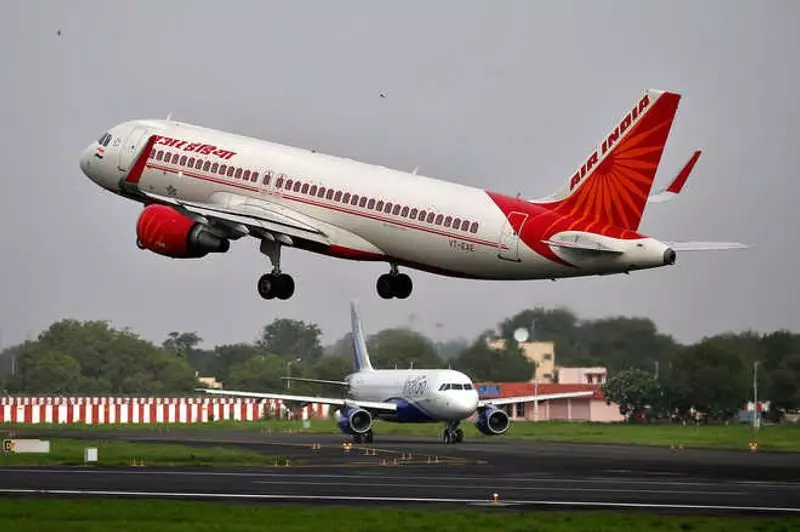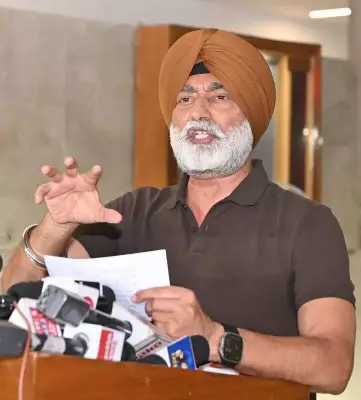
In a dramatic escalation of the ongoing battle over pilot working hours, the leading pilots' association in India has issued a stern warning to the country's aviation regulator. The Federation of Indian Pilots (FIP) has demanded that the Directorate General of Civil Aviation (DGCA) immediately implement new fatigue management regulations or face legal consequences for defying court orders.
Legal Showdown Looms Over Aviation Safety
The confrontation centers around the much-delayed Civil Aviation Requirement (CAR) on Flight Duty Time Limitations (FDTL), which was supposed to revolutionize how pilot fatigue is managed in Indian aviation. Despite clear directives from the Delhi High Court to enforce these new rules, the DGCA has repeatedly postponed implementation, citing various operational concerns.
The FIP's ultimatum leaves no room for ambiguity: comply with the court mandate or prepare for contempt proceedings. This legal standoff represents one of the most significant challenges to aviation regulatory authority in recent years.
Why New Fatigue Rules Matter
Pilot fatigue isn't just about tiredness—it's a critical safety issue that affects cognitive function, reaction times, and decision-making capabilities. The proposed FDTL regulations would:
- Establish scientifically-backed rest periods between flights
- Implement more realistic duty time calculations
- Provide enhanced protection against cumulative fatigue
- Align Indian standards with global best practices in aviation safety
The Industry's Divided Response
While pilots overwhelmingly support the new regulations, airline operators have expressed concerns about potential operational disruptions and increased costs. The DGCA finds itself caught between ensuring safety standards and maintaining the economic viability of airline operations.
"Safety cannot be compromised for commercial considerations," emphasized a senior FIP representative. "When pilots are fatigued, every passenger on board is at risk. The court recognized this fundamental truth, and now the regulator must act on it."
What Happens Next?
The aviation community watches closely as the deadline approaches. If the DGCA fails to act, India could witness unprecedented contempt proceedings against its primary aviation authority—a scenario that would have far-reaching implications for regulatory governance in the country.
This standoff comes at a crucial time for Indian aviation, which is experiencing rapid growth while simultaneously facing increased scrutiny over safety protocols and working conditions.





